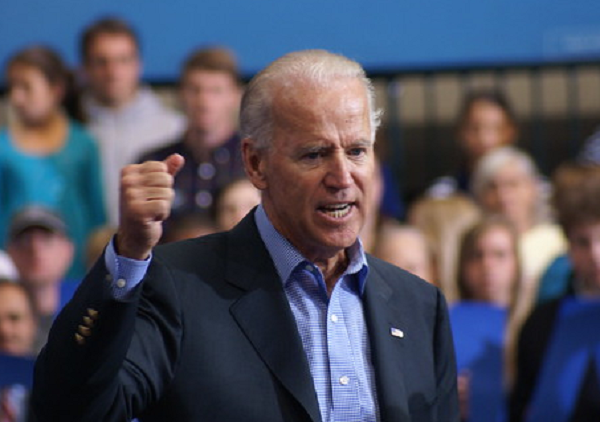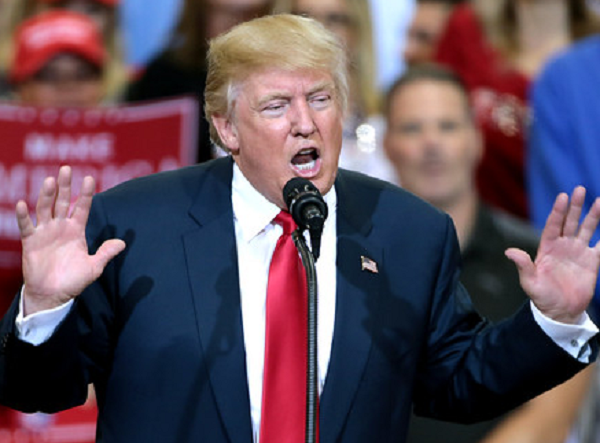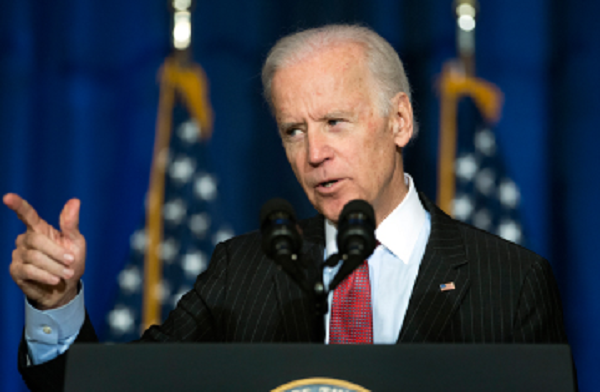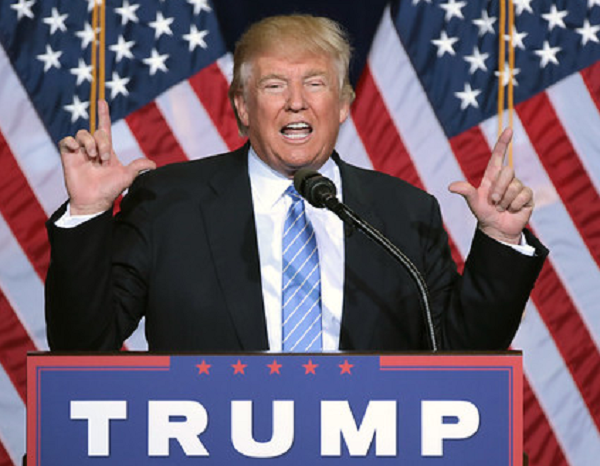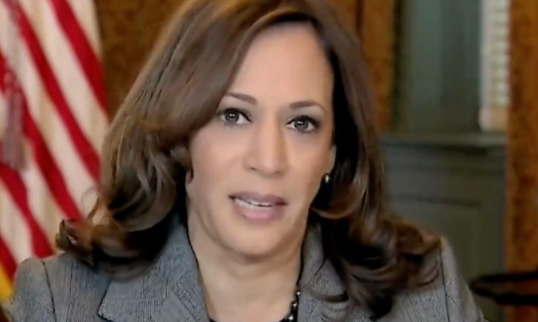A recent analysis suggests that the Biden administration is consistently aiming to undermine the credibility and authority of the country’s highest court, particularly in response to several rulings that do not align with the White House’s stance.
The Association of Mature American Citizens (AMAC) reports that the Department of Education released new “guidance” for universities and colleges this week, essentially instructing these institutions on how to disregard the U.S. Supreme Court’s June decision that invalidated the use of racial preferences in admissions procedures.
“The document specifically tells admissions offices that while they can’t consider an applicant’s race in choosing whether or not to accept them, they can consider how an applicant’s race has affected their life,” AMAC noted in an analysis.
“According to the examples provided in the guidance, universities could use ‘an applicant’s explanation about what it means to him to be the first Black violinist in his city’s youth orchestra or an applicant’s account of overcoming prejudice when she transferred to a rural high school where she was the only student of South Asian descent’ as a factor in admitting them over another candidate,” the analysis noted further.
AMAC continued:
In other words, the administration is giving schools the green light to continue pursuing the same discriminatory admissions schemes the Court just outlawed. Instead of schools using an applicant’s race to determine whether or not they are admitted, the guidance says, schools should use an applicant’s experience being that race. It is a distinction without a difference.
“Although this case is one of the most obvious examples of the Biden administration telling the public to ignore a legitimate Court decision, it is hardly the only one,” the organization noted further.
In June, the Court invalidated Biden’s student loan forgiveness program, a decision that legal experts with diverse perspectives had previously considered possibly unconstitutional. In response to this ruling, Biden swiftly unveiled an alternative approach to bypass it, consistently raising questions about the court’s jurisdiction.
Rather than presenting a substantive defense of his plan, Biden chose to accuse the court’s originalist justices of aligning with “Republican elected officials and special interests,” as if this were a justification for disregarding the court’s authority as an independent branch of government.
Meanwhile, the government’s plans to impose taxes on the wealthy may face uncertainty due to the court’s recent ruling that Biden’s $430 billion transfer of student debt was unlawful.
The case of Moore v. United States might have the most significant impact on Biden, despite the court’s upcoming cases this fall concerning the right to bear arms, the authority of federal agencies, and the potential trademarking of the phrase “Trump too small.” This debate revolves around Biden’s repeated desire for a wealth tax and whether it could be implemented.
“Reward work, not just wealth. Pass my proposal for a billionaire minimum tax,” Biden said during the State of the Union address earlier this year. “Because no billionaire should pay a lower tax rate than a school teacher or a firefighter.”
“Biden later proposed a 25% annual tax on all gains to wealth in excess of $100 million in a given year, including unrealized capital gains which aren’t currently taxable. The White House says that the tax would only apply to the top 0.01% of the highest earners,” The Washington Examiner reported.
“While the proposal faces long odds with a Republican-controlled House of Representatives, it could be nixed permanently if the high court rules such a tax is unconstitutional,” the outlet noted further.

